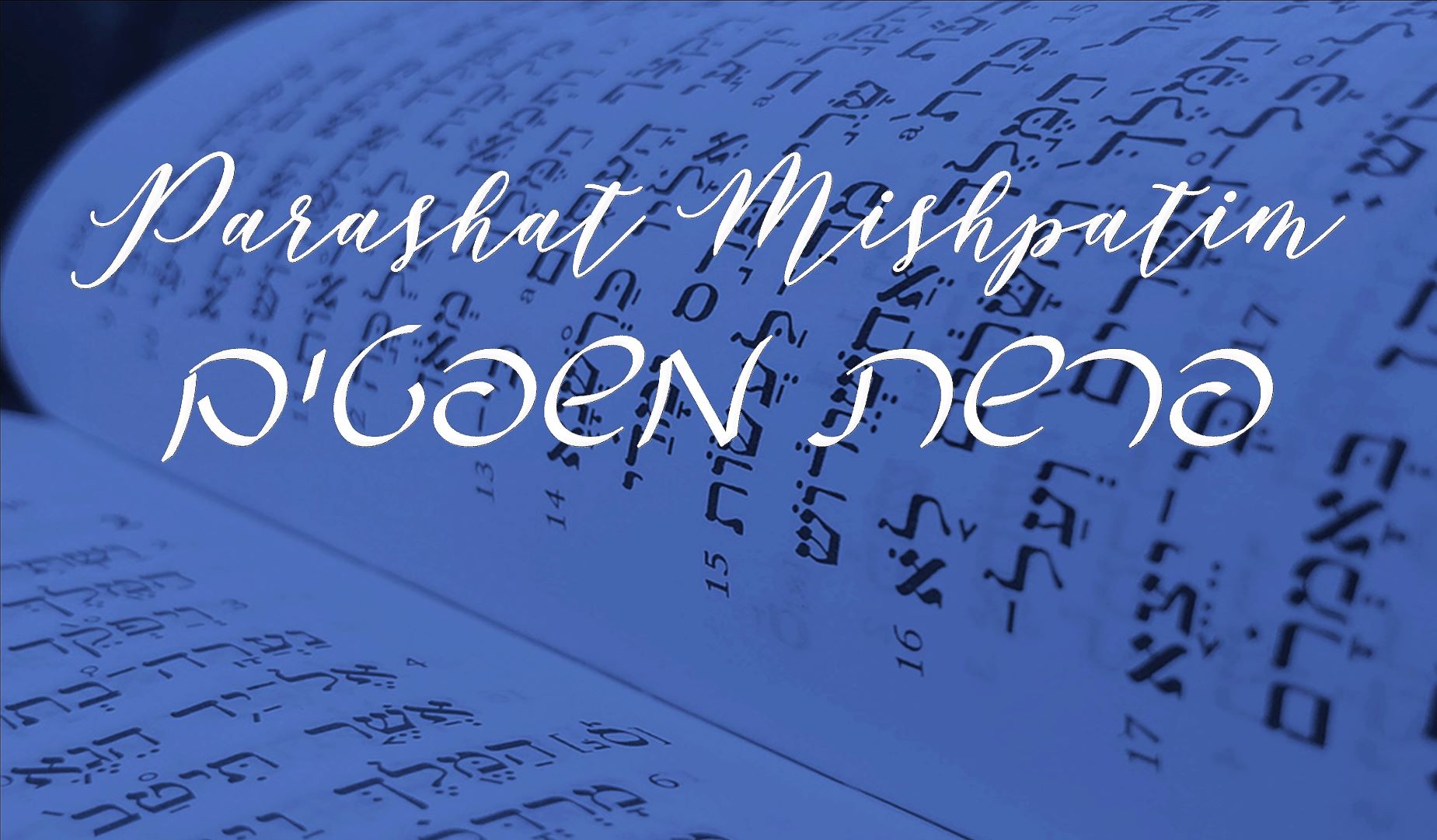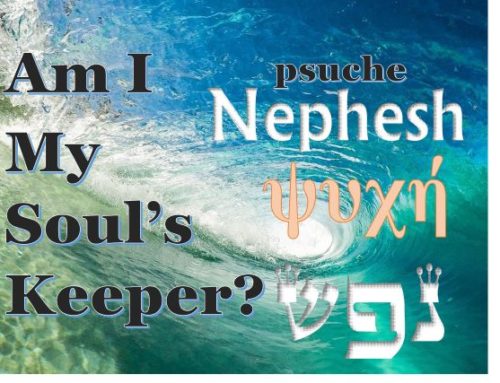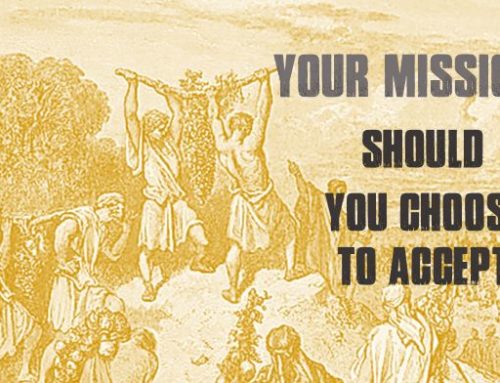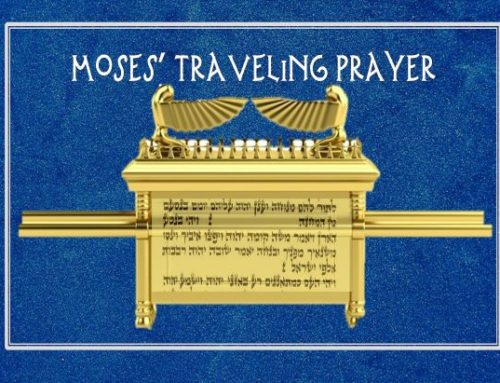Torah Portion, Mishpatim, Exodus 21.1-24.18, Haftarah Jer. 34.8-22; 33.25-26
“And if a man borrows anything from his neighbor, and it becomes injured or dies, the owner of it not being with it, he shall surely make it good.” Exodus 22.14 NKJV
Those words, “he shall surely make it good”, from Torah Portion, Mishpatim, describe the borrower’s obligation when what was borrowed becomes damaged. It is but one of 53 commands in this week’s reading, and we all live with borrowed things, including our life. Last week, we spoke of Israel’s arrival to Mt. Sinai in the third month, where they received the Ten Commandments. It was a renewal of an even more ancient covenant of Laws given nearly two-thousand years earlier to Noah and his descendants. Mishpatim, means judgements. But the Bible divides commandments into judgements and statutes or mishpatim and chukim. What is the difference?
His Words, His Statutes, His Judgments
“He declares His words to Jacob, His statutes and His judgments to Israel.” Psalm 147.19 NASB
The Ten Commandments are literally called the “Ten Words” in Hebrew literature. Statutes are commandments that have a religious component, such as the purification ashes of the Red Heifer. Judgements are commands pertaining to society, social justice, the rights of women, the unborn, restitution, and impartial courts. The distinctions between statutes and judgements (chukim and mishpatim) are not hard and fast. However, even in the Ten Commandments we see a “fusion” of the two. The first four laws deal with loving God, and the next six with loving our neighbor. Yeshua made clear that all of the Torah, judgments and statutes hang on loving God and loving our neighbor. (Mat. 22.40) The mishpatim and chukim are relevant today.
Social Justice and Civil Rights
An champion of social justice, John Henry Faulk, made it his mission to interview former slaves and their descendants. He thought himself progressive as he talked about the rights that should be given to African Americans. That is until one day an old descendant of slaves scolded him for his ignorance.
“You can’t give me the right to be a human being.” The older man said. “I was born with that right. Now you can keep me from having that, if you have all the policemen and jobs on your side, you can deprive me of it, but you can give it to me. I was born with it, just like you was!”[1]
Where do our rights come from? Are they granted in a constitution? If so, they can be taken away. Moses revealed God as the source of human rights! This Torah Portion alone enumerates 53 judgements out the 613 in the Torah. There are rights for the unborn, women, husbands toward wives, protection of strangers, obligations to return lost property of those who hate you, and even protections for the environment.
Social Justice is fast becoming a religion around the world. I do not say that as a good thing. While it is important to protect the stranger, do we equally champion the rights of the unborn? Obeying God is not an either / or proposition. If we perform all the obligations of justice yet fail God’s moral requirements (chukim) we cannot enter His presence. Yeshua said that many in that day would list their acts of justice in His name yet be told to depart for they never knew Him. (Mat. 7. 22) If we honor our parents, yet worship other gods, we have not kept the commandments. If we keep Sabbath, yet covet our neighbor, we have missed the fusion of chukim and mishpatim, (statutes and judgements).
And so, for the next few moments we want to ask, do these ancient words still apply? Many Christians argue the commandments were done away with, yet the Apostles admonished the Gentile followers of the Messiah to hear “Moses” read in the local synagogues scattered abroad. (Acts 15.18-21) While many chukim (statutes) only apply to Israel, all of the commandments provide a moral foundation for “loving God with all our heart and loving our neighbor as ourselves”. Yeshua, dove deep into these societal laws in His Sermon on the Mount, and prefaced them saying,
“Do not think that I came to destroy the Law or the Prophets. I did not come to destroy but to fulfill.” Mat. 5.17 NKJV
Let’s look at a few instances where Yeshua not only affirmed but strengthened those mishpatim.
I. You Shall Not Murder
“You have heard that it was said to those of old, ‘You shall not murder, and whoever murders will be in danger of the judgment.’ But I say to you that whoever is angry with his brother without a cause shall be in danger of the (mishpat) judgment.” Mat. 5. 21-22 NKJV
Yeshua dealt with the root of the sin in man’s heart. This commandment in Exodus 20.13, had been given to all humanity in the days of Noah. Rather than cancel, Yeshua strengthened the command by dealing with the root of murder – anger.
II. Marriage and Divorce
“Furthermore it has been said, ‘Whoever divorces his wife, let him give her a certificate of divorce.’ But I say to you that whoever divorces his wife for any reason except sexual immorality causes her to commit adultery; and whoever marries a woman who is divorced commits adultery.” Mat. 5.31-32 NKJV
Moses gave mishpatim, rights for women and wives in society. Some argue those did not go far enough, but they were much greater protections than the surrounding nations. In Exodus 21.11 we are told that husbands are obligated to financially provide food, clothing, and conjugal rights to their wife. A certificate of divorce was a necessary concession for the wife who was divorced. Yet in Yeshua’s day, divorce was not uncommon. Yeshua strengthened the rights of wives from being put away for any reason, like burning the bread (and yes that was a reason of the day[2]) except for the reason of fornication.
III. Laws of Measure for Measure (מידה כנגד מידה)
“You have heard that it was said, ‘An eye for an eye and a tooth for a tooth.’ But I tell you not to resist an evil person. But whoever slaps you on your right cheek, turn the other to him also. If anyone wants to sue you and take away your tunic, let him have your cloak also.” Mat. 5.38-40 NKJV
In Jewish law there is a concept of “measure for measure”. Is the Torah in our portion really saying if my eye gets poked out that the offender’s eye can be plucked out? Let me ask the Christian a question. Was Yeshua literal when He said, “If your eye offends you to pluck it out?” If we thought that we should take that harsh statement to its fullest we would all be blind! Even the later Sages of Israel understood this verse from Exodus 21.24 to refer to measure for measure – compensation commensurate with the loss.
“If a man wounded his fellow he thereby becomes liable on five counts: for injury, for pain, for healing, for loss of time, and for indignity inflicted. ‘For injury’—thus, if he blinded his fellow’s eye, cut off his hand, or broke his foot, [his fellow] is looked upon as if he was a slave to be sold in the market: they assess how much he was worth and how much he is worth now. ‘For pain’…thus, if he struck him he is liable to pay the cost of his healing.” Mishnah, Nezekim, Baba Kama 8, Danby Translation
Yeshua did not nullify the command. He challenged how we apply the command. Courts still had the right to compensate the injured party, but should we always insist on our rights? Again, we must apply common sense to Yeshua’s statement.
Conclusion
“Jesus said to him, “‘You shall love the Lord your God with all your heart, with all your soul, and with all your mind.’ This is the first and great commandment. And the second is like it: ‘You shall love your neighbor as yourself.’” Mathew 22.37-39 NKJV
I began this discussion with the words, “he shall surely make it good”. In some sense we live with borrowed things. The air we breathe is not really our own. The land we live on, we did not make. Our relationships to our spouse, friends, neighbors. These all belong to God. And we belong to God. The mishpatim in our Torah Portion are not obsolete. They are the foundations of a just society, and the moral fabric of what it means to be God’s people. Only in as much I work to “make it good” with that which does not belong to me, can I have right relationship with the One who lent me these things.
At the end of Mishpatim, Moses ascended the mountain to speak with the Lord. (Exodus 24: 1-18). Vertical relationship with the Father, means horizontal justice with our neighbors.
Shavua Tov from Zion
[1] Broadcast Interview: Ted Koppel, Nightline, John Henry Faulk.
Originally broadcast on Jan. 12, 1999.
[2] Babylonian Talmud, Gittin 90a




